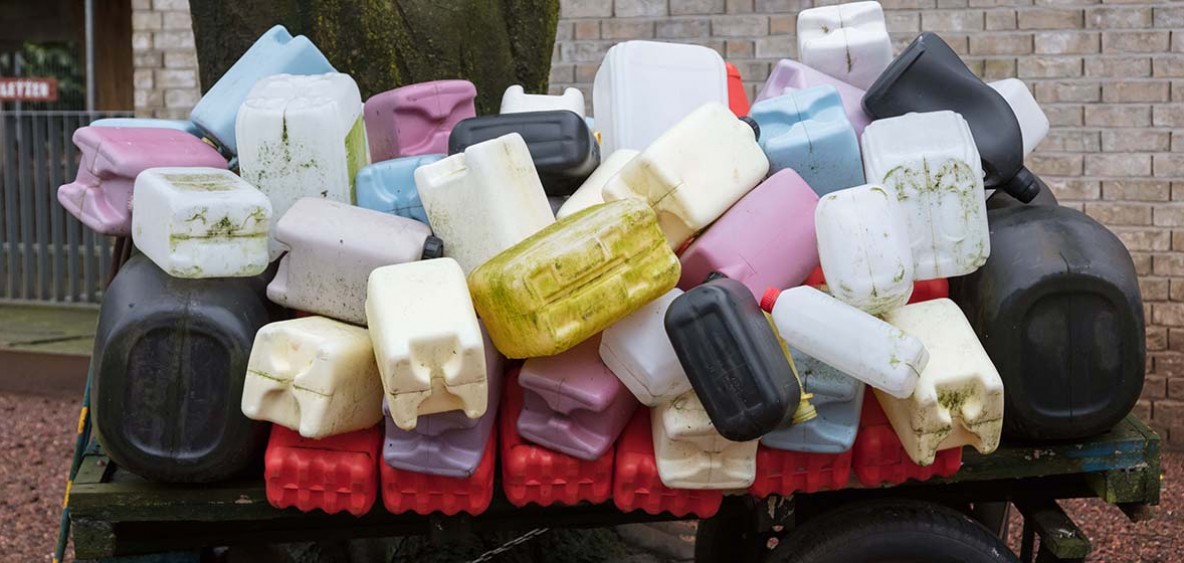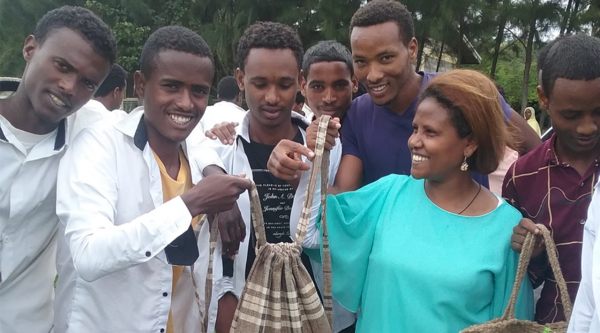
In October, RFS Ethiopia held practical training sessions for school environment clubs in three districts—Angollela, Doba and Duguna Fango, attended by 127 participants.
Ethiopia, like most of the Resilient Food Systems countries, has a very young population—more than 40% under the age of 15 and over 70% under 30. With such a large share of the total population, Ethiopia’s youth represent a significant opportunity for building broad-based support for a climate-smart, sustainable development agenda and for ensuring the viability of that agenda in the long-term.
The Resilient Food Systems project in Ethiopia recognizes the critical importance of harnessing the power of the youth population. The project, implemented by UNDP in partnership with the Government of Ethiopia, includes a cross-cutting focus on increasing the environmental awareness of the youth population and engaging young beneficiaries in ‘green’ development pathways.
In working towards this goal, RFS Ethiopia has established 36 school environment clubs across 12 districts. With a total of 784 members (442 male, 342 female), the objective of the school clubs is to increase the knowledge and understanding of school-age youth on the importance of the environment and the factors that currently threaten the health of essential ecosystems. The school clubs also work to build the capacity of students to engage in climate change adaptation and mitigation interventions, with the ultimate goal of equipping project beneficiaries with the skills to become environmental stewards within their communities.
In October, RFS Ethiopia held practical training sessions for school environment clubs in three districts—Angollela, Doba and Duguna Fango. 127 participants, including 69 girls, attended the training sessions, which focused on ‘greening’ school compounds. Students were taught the environmental benefits of planting trees within school grounds and were trained in how to plant and care for seedlings. A total of 25,370 different types of seedlings were planted across three school districts.

This month, the practical training sessions are focusing on ways in which schools can contribute towards a decrease in community plastic consumption. Ethiopia’s plastic consumption is amongst the fastest growing in Africa, increasing more than 15% annually over the last decade. Students are being educated about the detrimental impacts that plastics, particularly single-use plastics, have on Ethiopia’s ecosystem services and biodiversity, and are being taught ways in which they can curb their personal plastic use.
The training sessions, organized in collaboration with the Ethiopian Environment Forest and Climate Change Commission and a private sector firm, Gellan PLC, also included a mitigation activity: the students were taught how to make green shopping bags using locally-available degradable materials (paper, clothes and plant fibers). Gellan PLC will support the school clubs by linking them to local markets where they can sell their green shopping bags. All proceeds from the bag sales will go back into the school clubs to fund further ‘greening’ activities.
Subscribe to our monthly newsletter to receive updates on stories directly from the field across all our projects, upcoming events, new resources, and more.